Financial support
Caring for a neurodivergent child/young person and enabling them to thrive can change the way you live and how you spend your money. Managing money can also be challenging for neurodivergent young people and adults.
In this section we share information about financial support and benefits that may be available to parents and carers. We also point you towards support you might find helpful if you’re neurodivergent and managing your own finances.
Financial support and benefits
Financial support may be available to neurodivergent children and young people and their parents/carers.
Children and Young People under 16 may be eligible for Disability Living Allowance and their carer may receive Carer’s Allowance.
Disability Living Allowance (DLA) may help with the costs of looking after children who are under 16 years old and have additional care needs. Although not everyone with a diagnosis will be awarded the benefit. A family’s income and savings are not considered in the decisions to award DLA. The rate of DLA that a child or young person receives depends on the level of additional needs they require.
If a child or young person is awarded middle rate or higher rate DLA, a person who cares for them may also be eligible to apply for Carer’s Allowance. The carer does not need to be related to the child or live with them. To be eligible for Carer’s Allowance the carer must be:
- 16 years or over.
- Caring for the child for at least 35 hours per week.
- Earning less than £132 a week after tax, National Insurance and expenses.
- Not in full time education.
- Not studying for 21 hours or more per week.
Young people aged 16-20
Entitlements to benefits change when a young person turns 16 and/or when they leave education.
Personal Independence Payment (PIP) can be used to help with living costs for young people who have a long-term physical or mental health condition or disability and have difficulty with daily tasks as a result. PIP can be awarded even if the young person is in employment. If a young person has been claiming Disability Living Allowance before they turned 16, they will be invited to claim PIP around their 16th birthday. If a young person has not been claiming DLA before turning 16, they can still apply for PIP.
If a young person remains in full-time, non-advanced education (GCSEs and A-Levels) after 16, their parents/guardians can continue claiming Child Benefit and Child Tax Credits until their 19th or sometimes 20thbirthday.
Once a young person turns 18, they may be eligible to apply for Universal Credit. In some circumstances they may apply as young as 16. The young person can receive Universal Credit if they are working and on a low income or if they are unable to work. Receiving Universal Credit will not affect the young person’s PIP payments.
If a person is unable to manage their own finances at the age of 16, another adult can apply to be their appointee. An appointee is responsible for the young person’s benefit claims. The appointee will only be responsible for the benefit claims and will not have the authority to make other decisions in the young person’s life.
If an adult asks to be an appointee, the Department of Work and Pensions (DWP) will send someone to visit the young person and the prospective appointee. The DWP officer who visits will check that the young person does not have the capacity to manage their own finances, check for financial abuse and ensure the appointee understands the responsibility they are taking on.
Further help and advice
Budgeting, applying for benefits and managing money can be particularly challenging for neurodivergent people. Below are several websites that offer help and advice covering all aspects of managing your money. These are not all specific to autism or ADHD.

Money Buddies
Money Buddies offer various services in Leeds including free debt advice, help with completing benefit forms and budgeting support. The service is free, confidential, and can be accessed by anyone whether you are experiencing a financial crisis or not.
Go to website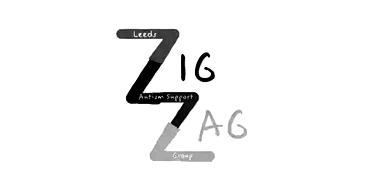
DLA applications
Disability Living Allowance (DLA) may help with the costs of looking after children who are under 16 years old and have additional care needs. DLA is awarded based on individual needs – a diagnosis in itself will not entitle a family to DLA. You may be entitled to DLA with or without a diagnosis, depending on the level of need your child has. A family’s income and savings are not considered in the decisions to award DLA. The rate of DLA that a child or young person receives depends on the level of additional care needs they require.
Go to website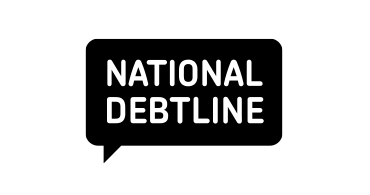
Independent debt advice
The National Debtline is a charity giving free and independent debt advice online using their webchat, or over the phone on 0808 808 4000. Their website also has some fact sheets and letter templates.
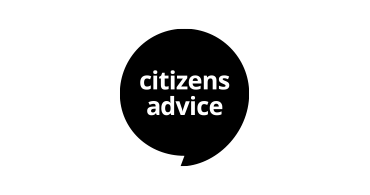
Advice on debt and benefits
Citizens Advice offer free, independent and unbiased advice on a range of topics including debt and benefits.
Go to website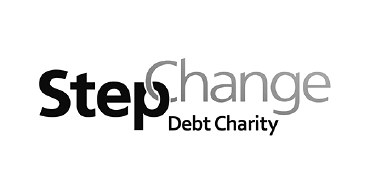
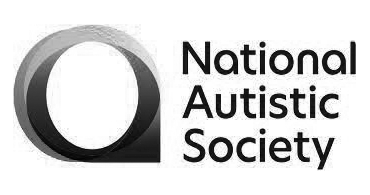
Managing money
The National Autistic Society has advice and guidance for managing your money, and outlines what your rights are when dealing with financial companies and organisations as an autistic person.

Free training on managing money
The National Autistic Society and Moneysupermarket.com have created a free online training module which provides general information on how to manage money, set up a bank account, and use a cashpoint, as well as sharing real-life experiences of autistic people managing their money.
Go to training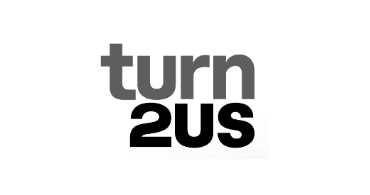
Grants and benefits info
Turn2us is a UK charity fighting poverty. They offer support and information via their helpline on 0808 802 2000 and have information about grants and benefits.
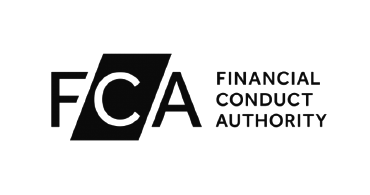
Guide on banking and scams
This easy-read guide to banking was created by the Financial Conduct Authority in collaboration with the National Autistic Society. It covers how to use banks and credit cards, as well as information about financial scams and how to spot them.
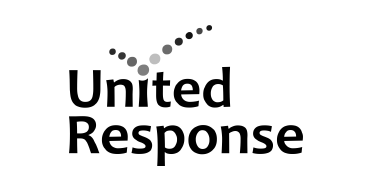
Guide to understanding finances
United Response have published a series of easy-read guides to banking and budgeting which use pictures to help you understand finances.
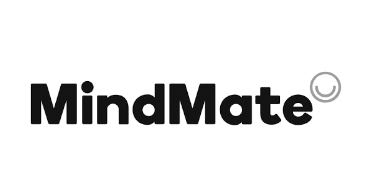
Information on gambling
Gambling can be particularly tempting if you are impulsive. Gambling includes betting money on online games such as Roblox and Fortnite. MindMate has information and support for young people who are struggling to control their gambling.
Was this helpful?
MindMate will be developing the ND hub further – please let us know what you think so far to help us get this right by completing this online survey.
